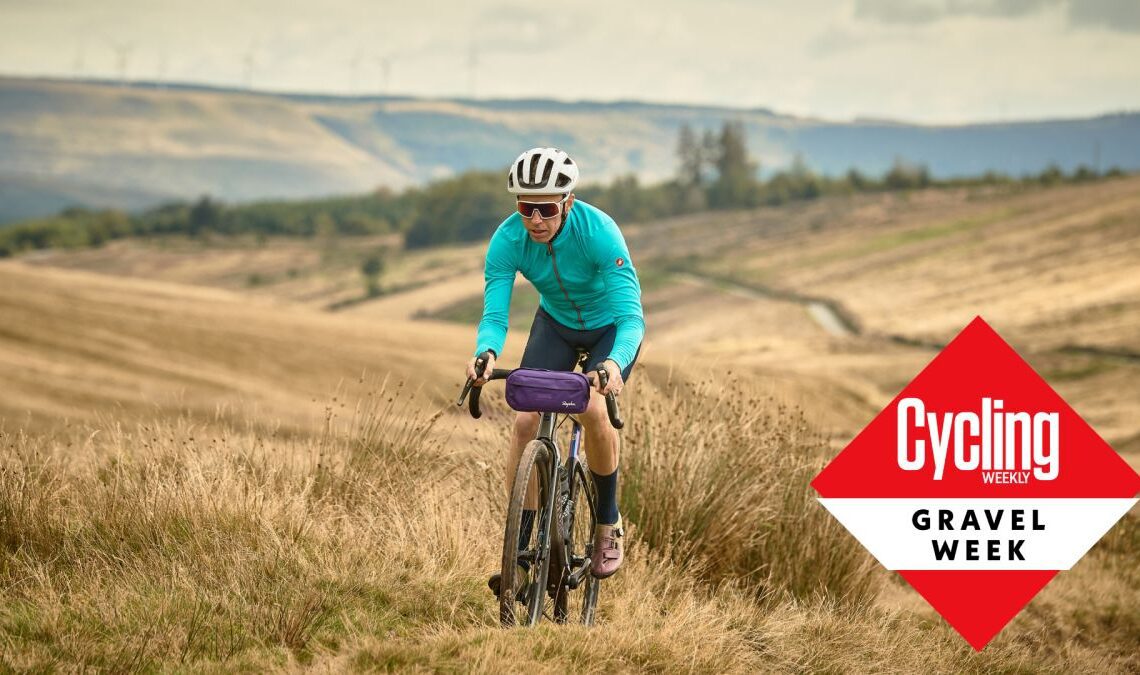Gravel riding. It’s all about ‘the experience’ right? Getting from A to B, getting away from it all, avoiding traffic – you might think of it as a sport a million miles away from the cycling training zones, intervals and watts that are more commonly associated with road riding. However, could riding with a power meter help your off road riding? Let’s find out.
Right now, there’s an exploding gravel race scene which is growing every year and we’re seeing ever more pros taking to the rough stuff – and bringing their roadie training tactics with them, which includes riding with power.
If you’re solely focused on optimising your fitness through structured training, one of the best power meters for cycling is an invaluable tool. But what about riders who fall somewhere in between? And is it one of the best gravel bike upgrades?
We’ll take a run through what you stand to gain from using a power meter off-road and whether the benefits are likely to be worth it for you…
What is power and how does it work?
First off, let’s cover the fundamentals: a power meter measures the force you’re pressing down on the pedals, giving a precise measure of exactly how much work you’re doing. This is measured using a strain gauge (a bit like a set of kitchen scales) and the location of the strain gauge can be in a variety of positions, although typically it’s either in the pedals or the crank arms.
Having a handle on exactly how hard you’re working means your training and performance can be much more targeted – which in turn enables you to get the best out of what your body is capable of.
1. Pacing an effort
(Image credit: Future)
On the road, one of the key benefits a power meter can provide is assistance in pacing your effort. With the instant feedback of objective numbers, it’s much easier to make sure you don’t go too hard at the start of an effort. You can also clearly see if your power is dropping off and the end, which can help rekindle your motivation for one last push.
Off-road, though, it can be much harder to use a power meter to pace an effort in quite the same way.
For starters, if you’re riding particularly technical terrain, you can’t really afford to be looking down at your headunit quite so much – and it’s a safe bet that you’ll be much faster if you focus on taking the cleanest line instead.
In addition to that, you’re often not putting in a linear effort when riding off-road. There might be a super steep ramp at one point…

